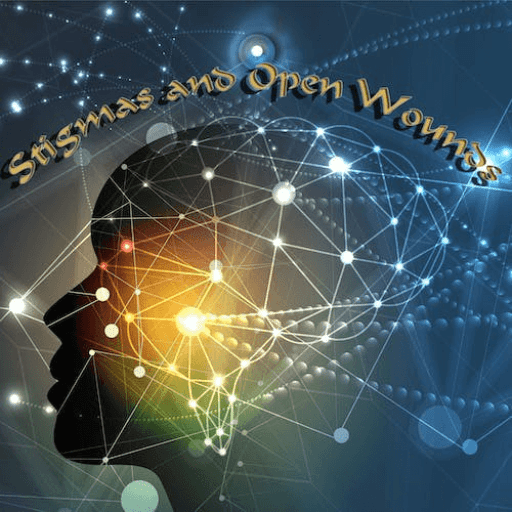Episode 16: Understanding Neurodivergence: Embracing Our Unique Minds
Introduction
In our ever-evolving digital landscape, having a robust online presence is crucial for entrepreneurs and website owners. A reliable web hosting service like Hostgator can help you create the website you’ve always envisioned. However, beyond the technical aspects of building a website, there’s a deeper conversation that needs to be addressed—understanding neurodivergence and the unique experiences that come with it.
What is Neurodivergence?
Neurodivergence is a term that describes the variety of ways in which human brains can develop and function differently. This concept recognizes that individuals may possess unique strengths and challenges compared to those whose brains develop typically. By promoting a more inclusive understanding of human differences, neurodivergence aims to dismantle the stigmas associated with mental health conditions.
Key Points:
- Neurodivergent: A broad term that refers to individuals whose brain functions differ from the societal norm.
- Strengths and Struggles: Neurodivergent individuals may face challenges but often possess unique abilities as well.
- Cultural Sensitivity: What is considered “normal” can vary greatly across different cultures and contexts.
The Spectrum of Neurodivergence
Neurodivergence encompasses a wide range of conditions, including but not limited to:
- Autism Spectrum Disorder (including Asperger’s syndrome)
- Attention Deficit Hyperactivity Disorder (ADHD)
- Dyslexia (reading difficulties)
- Dyscalculia (math difficulties)
- Dysgraphia (writing difficulties)
- Bipolar Disorder
- Obsessive-Compulsive Disorder (OCD)
A Broader Understanding
It’s essential to recognize that neurodivergence is not limited to those who are visibly different. In fact, many people may straddle the line between neurotypical and neurodivergent, exhibiting traits that make them unique. This perspective encourages us to see that everyone has aspects of neurodivergence, whether they are apparent or not.
The Importance of Language
The language we use to discuss neurodivergence can significantly impact perceptions. Terms like “normal” and “abnormal” can create unnecessary divisions. Instead, viewing differences as variations rather than deficiencies fosters a more inclusive society where everyone can thrive.
Avoiding Value-Based Labels
- Be Mindful: Avoid labeling individuals with terms that may carry negative connotations unless they prefer those labels.
- Personal Preference: Respect individuals’ wishes regarding how they want to be identified.
The Role of Society
Society often imposes expectations on individuals to conform to a “norm,” leading to feelings of isolation for those who think and behave differently. Instead of forcing neurodivergent individuals into predefined molds, we should celebrate their strengths and contributions.
Embracing Differences
- Acceptance: Acknowledge that differences should be celebrated, not stigmatized.
- Support: Create environments where individuals feel comfortable expressing their needs without fear of judgment.
How to Support Neurodivergent Individuals
If you know someone who identifies as neurodivergent, here are some ways to offer support:
- Be Understanding: Listen to their experiences and challenges without judgment.
- Communicate Effectively: Use methods of communication that they prefer, such as texting or emailing, if it makes them more comfortable.
- Acknowledge Differences: Recognize that everyone has their unique way of processing information, and that’s okay.
Conclusion
Understanding neurodivergence is crucial in fostering a more inclusive society. By breaking down stigmas and embracing our differences, we can create a world where everyone feels valued and understood.
